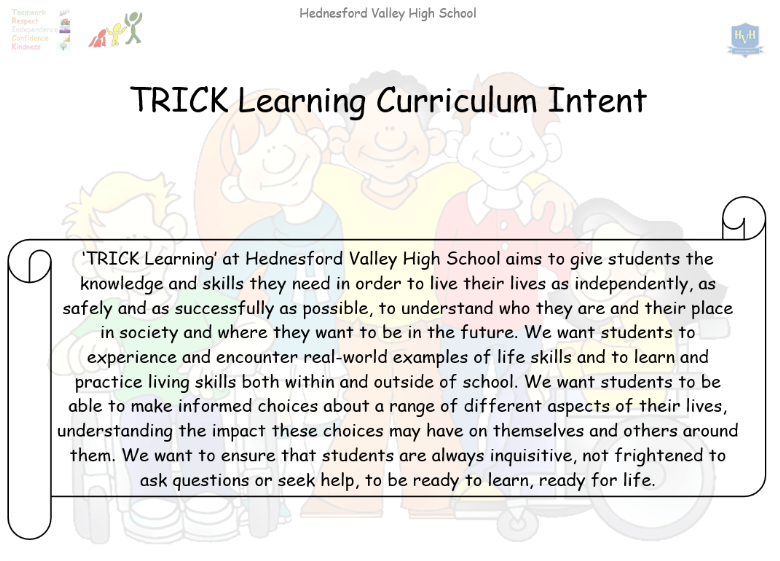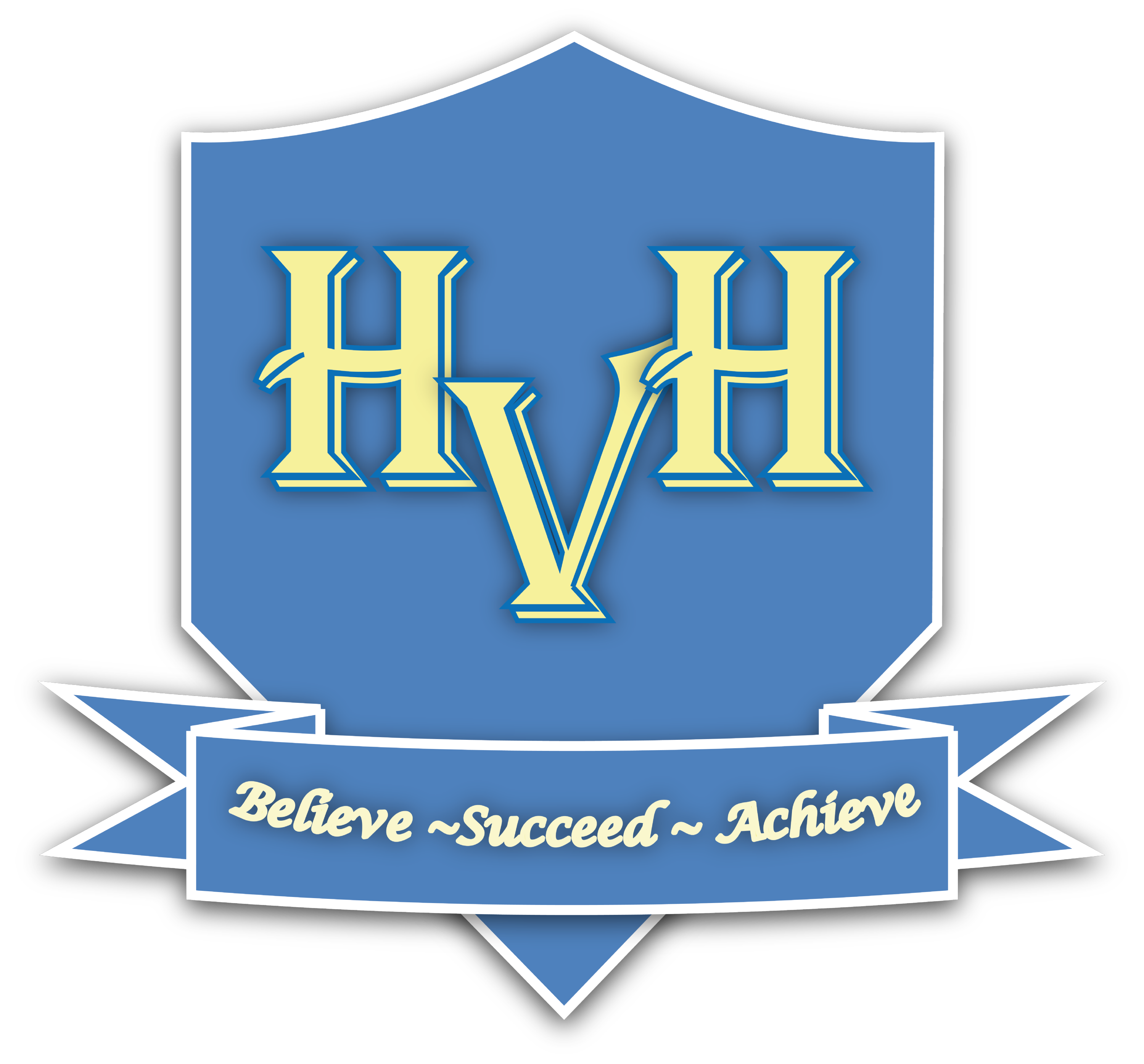TRICK

TRICK is an extremely important part of the overall curriculum, both in the discrete lessons all students take part in, but also through the rest of the curriculum and day to day life in the school community that students will experience.
TRICK enables students to discover who they are, what they feel about issues which matter to them, their generation and the wider world, what they are good at, where they need to develop further and provides much of the skills and knowledge to help them unlock that development whilst at school and beyond into adulthood.
TRICK teaches students to be considerate, kind and responsible citizens to help them understand their rights and responsibilities as members of different communities. It also helps them to understand how to navigate safely through different types of relationships, including romantic relationships, the complexities of consent, how to request it, how to give it and how to withdraw consent too.
TRICK teaches students to embrace the diversity within school, the wider local community, the country and ultimately within the world we live in. Students learn to respect other views, whether religious, cultural, moral or political and to understand more about where some of those views and beliefs come from.
TRICK teaches students how to live the most independent lives possible for them, to help provide them with the skills and knowledge to manage a household, including finances to a good functional level.
TRICK teaches students how to be as healthy as possible, to make informed choices about factors which could affect their health, including the use of legal and illegal drugs as well as proper use of finances, which may affect physical and mental health.
TRICK at Hednesford Valley High School aims to create young people who are ready for the new world ahead of them when they leave school, to be Ready to Learn, Ready for Life!

Implementation
A new TRICK (PSHCE) and personal development curriculum has been created for first teaching in September 2024, including full consultation with all stakeholders and re-writing the PSHCE and RSE policies. We now have a new list of outcomes which are more closely aligned with the needs of all our students. We have a coherent spiral long-term plan which addresses all regulatory requirements and beyond for all our students.
Discrete TRICK lessons are taught to all main school and 6th form students, Explorer groups integrate TRICK learning into the whole curriculum. In conjunction with this a carousel of personal development learning is delivered where students experience as many different personal development activities as possible, including volunteering, keeping a home, money management, cultural studies, friendship, communication and staying safe. There will also be specific timetabled assemblies which will, where possible, link into the discrete TRICK lessons. The learning is planned to help further embed the new school values of ‘Teamwork, Respect, Independence, Confidence and Kindness’ with staff and students alike and to ensure that staff are focused on delivering learning in those areas as part of the personal development curriculum.
In addition to this staff plan other curriculum lessons with key personal development skills and knowledge embedded within them. For example, food technology and independence in budgeting, or science with personal hygiene.
Further there are specific events, such as anti-bullying day, year 10 alcohol awareness workshop, summer fayre, careers fair.
The TRICK curriculum follows the 6 sections of the PSHE association’s framework for students with SEND, self-awareness, self-care support and safety, managing feelings, changing and growing, healthy lifestyles and the world I live in. Our curriculum also covers the required outcomes for Citizenship learning.
Assessment
The assessment process has been designed to be as accurate and as manageable as possible. Students will be assessed for each focus as either:
Emerging: The student has been exposed to new skills and knowledge and has had some chance to practice them. The student does not fully understand the new skills and knowledge yet.
Developing: The student has begun to fully understand some of the skills and knowledge taught and can demonstrate this on at least three separate occasions.
Secure: The student fully understands the new skills and knowledge and can demonstrate this in at least three different contexts or occasions.
Students are assessed at the beginning and end of each topic, and the teacher’s overall assessment recorded, using the descriptors above (E/D/S). The form of the assessment is decided by the teacher and could be for example a mind map, discussion, poster, leaflet, series of questions for the teacher written by the student about the elements they don’t already understand. This list is not exhaustive nor restrictive.
